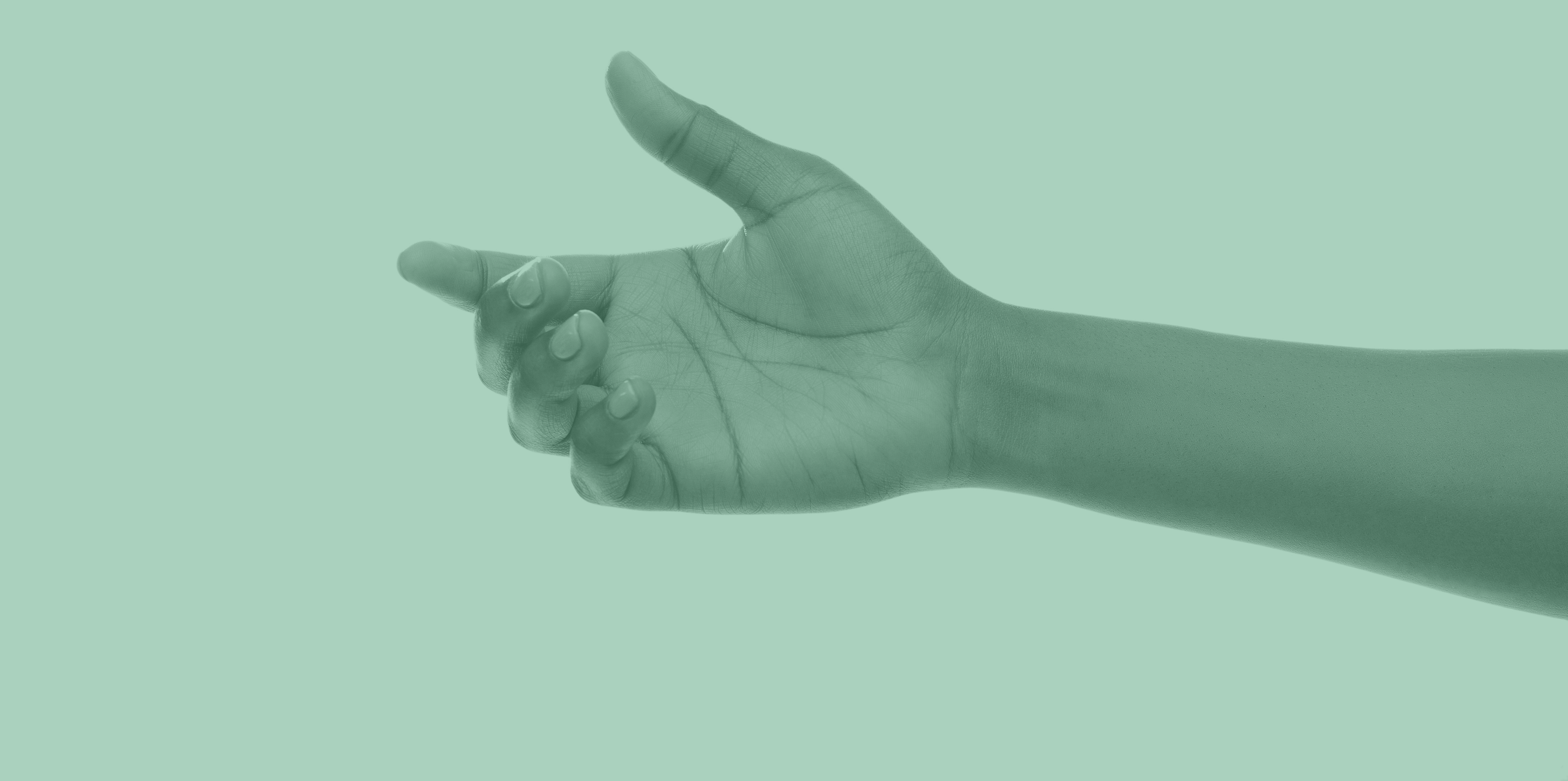Asking for help is one of the hardest things we have to do. We spend the first quarter of our lives learning how to be independent and self-sufficient. Then, there comes a time when we need to learn how and when to ask for help. In recovery it is important to seek professional help and assemble a robust support team.
Prior to sobriety I found myself grappling alone with life’s challenges, only to realize the hard way that certain situations necessitate professional guidance. I don’t have to do things on my own. From counseling to legal advice, and even medical care, I’ve learned that seeking help earlier could have mitigated the impact of so much emotional and physical pain in my life—divorce, home flooding, alcoholism, and my stroke recovery.
In stroke recovery, I’m still assembling a proficient team of medical experts. I discovered that if one of my team members wasn’t adding value to my recovery, I had to take the time-consuming action of replacing them. My journey with neurologists, for instance, involved changing physicians until finding one who aligned with my needs, was able to fit me in when I needed car, and didn’t dismiss my concerns.
I learned early on that seeking was a sign of weakness. But, its quite the opposite. It’s an act of strength and self-love. Embracing this truth has been pivotal in prioritizing my well-being. As a stroke survivor struggling with an undiagnosed neurological-vision impairment, I’m continuously building a team of specialized physicians while receiving unwavering support from my partner of 17 years.
Acknowledging that seeking help meant rearranging priorities was a tough. It required a shift in perspective—realigning my life’s focus. Embracing health and well-being as a priority isn’t an easy decision, especially amidst resistance and skepticism about professional opinions.
However, seeking help isn’t just about reaching out; it’s about being open to receiving it. I’ve encountered situations where I dismissed counselors who didn’t tell me what I wanted to hear. It’s crucial to be open-minded and willing to prioritize health, even if it means seeking second opinions and addressing hard stuff.
Reaching out for help felt like I was relinquishing control of my life, yet it was pivotal to prevent my further decline, particularly in managing chronic pain post-stroke. Besides professional help, I’ve found solace in fellowship, comparing in, so that true healing can begin from within.
Fellowship became critical to my emotional sobriety, complementing my physical recovery. I’ve discovered the power of self-reflection, confronting old behaviors to prevent relapse. By engaging with the stroke survivor community, I’ve been able to feel like my recovery is something bigger than myself.
Maintaining momentum in recovery involves consistent effort and openness to help. It’s a continuous journey of learning and prioritizing health in every aspect of life. Survival isn’t sitting on the sidelines; it’s actively rebuilding one’s identity and acknowledging the need for that constant effort and persistence in prioritizing one’s well-being.

